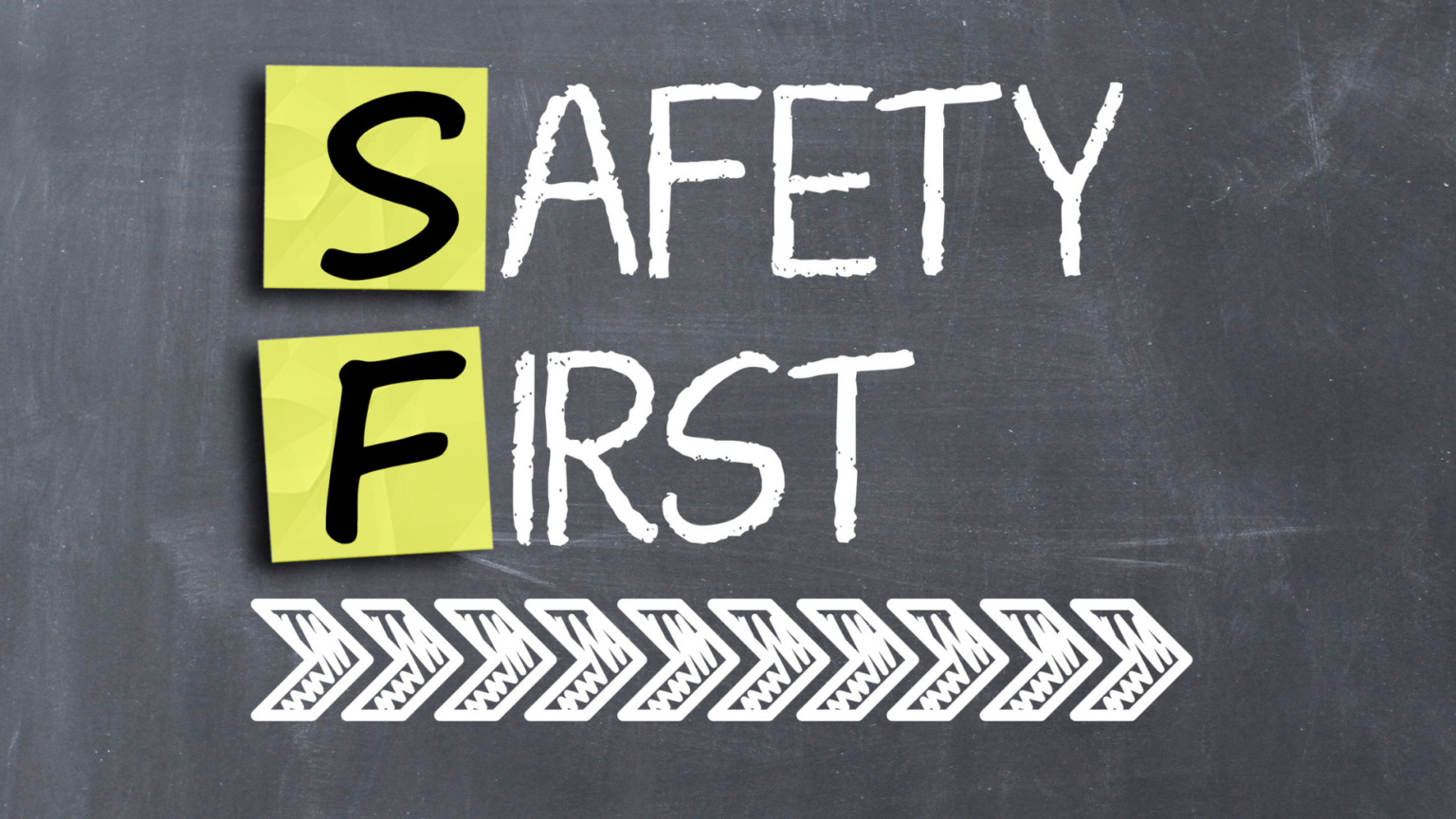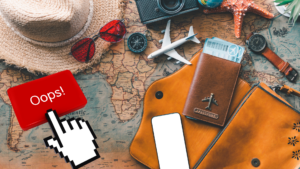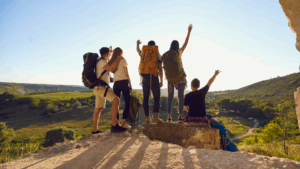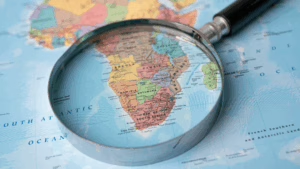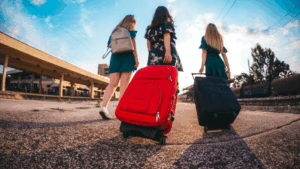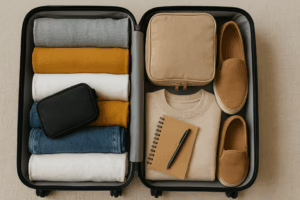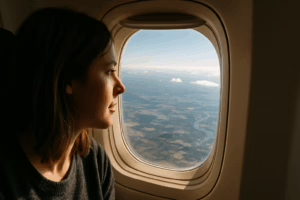Know the Landscape Before You Go

Every country has its own rhythm. Learning the pulse of your destination before setting foot on its soil is key to avoiding unnecessary risks. Researching safety advisories is a start, but it is not the whole picture.
Start with the U.S. Department of State’s travel advisories, which are updated regularly and provide details on everything from civil unrest to petty crime. But do not stop there. Reading local news sites from your destination can offer more immediate and nuanced insight. For example, before the 2023 protests in France escalated, French-language newspapers were already flagging tensions weeks ahead of international coverage.
It also helps to understand cultural customs that can inadvertently put you in danger. In some countries, wearing flashy jewelry is considered provocative and could make you a target. In others, taking photographs of government buildings can be mistaken for suspicious behavior. According to travel safety expert Doug Lansky, cultural sensitivity is often a first line of defense. “The less you stand out as a tourist, the safer you will generally be,” Lansky told National Geographic.
Knowing local emergency numbers is another detail many overlook. 911 is not universal. In Europe, 112 is the standard emergency line. In Japan, the number for the police is 110, while fire and ambulance services can be reached at 119.
Secure Your Digital Identity

In today’s world, danger does not just exist in alleyways or crowded plazas. Cybersecurity is an increasingly urgent part of travel safety. Public Wi-Fi in airports, cafés, and hotels may be convenient, but it often comes with serious vulnerabilities.
Hackers can set up fake Wi-Fi networks that mimic legitimate ones, and once a device is connected, they can access everything from emails to bank accounts. The Federal Trade Commission advises using a virtual private network (VPN) whenever connecting to public Wi-Fi. A VPN encrypts your data and creates a secure tunnel between your device and the Internet.
Digital security also includes being careful about what you post. Sharing your location on social media while abroad might be fun, but it also signals that your home is likely empty. Digital privacy expert Eva Galperin of the Electronic Frontier Foundation has said that oversharing online can invite both digital and physical threats. “When you travel, think of your social presence as part of your security posture,” she said in a 2022 interview with Wired.
Enable two-factor authentication on your accounts and avoid logging in to sensitive services like online banking unless absolutely necessary. Some travelers even travel with a secondary phone that contains only essential apps and data, in case their primary device is lost or stolen.
Protecting Your Valuables Without Drawing Attention

Instead of traditional travel gear that screams “tourist,” opt for discreet, functional alternatives. Clothing brands like Bluffworks and SCOTTeVEST design apparel with hidden pockets that allow travelers to carry passports, cash, and cards without looking obvious. Anti-theft backpacks with lockable zippers and RFID-blocking compartments offer another layer of protection.
Still, no product is foolproof. What matters more is behavior. Seasoned travelers often carry only what they need for the day, keeping the rest locked away in the hotel safe. And not just in the room safe—reputable hotels will secure valuables at the front desk if requested.
In high-risk areas, decoy wallets are another trick. Carry a second wallet with a few expired cards and a small amount of cash to hand over in the unlikely event of a mugging. The idea is to provide something that satisfies the thief while preserving your actual valuables.
Blend In, Stay Aware

Standing out can invite unwanted attention. Tourists are often targeted not because of what they carry, but because they are visibly unfamiliar with their surroundings. Looking lost, consulting a map in public, or speaking loudly in a foreign language can all make someone an easy mark.
Instead, walk with purpose. Know your route before leaving your accommodation, or use your phone’s GPS discreetly with earphones. Dressing to match the local climate and fashion, rather than standing out in shorts and sandals in a conservative city, also helps. Travel journalist Rick Steves advises travelers to “be invisible” when possible. “The goal is not to pretend to be a local,” he writes, “but to avoid drawing unnecessary attention.”
Situational awareness goes beyond not getting lost. It means being alert to how others are behaving around you. Are people watching you more closely than seems normal? Is someone trying to distract you while another reaches for your bag? These are classic signs of a scam in progress.
Trusting your instincts is vital. If something feels off, it probably is. It is better to excuse yourself and leave an uncomfortable situation than to stay out of politeness and regret it later.
Navigating Transportation Safely

Transit systems abroad can be both a marvel and a minefield. From tuk-tuks in Thailand to metro lines in Paris, local transportation presents its own set of risks.
Unlicensed taxis are a common danger, particularly in airports and train stations. These drivers may overcharge or worse. In Bogotá, for instance, the infamous “millionaire’s ride” involves criminals posing as taxi drivers who force tourists to withdraw large sums of cash. Use vetted apps like Uber or Bolt where available, or ask your hotel to call a trusted driver. In some cities, taxis display government-issued licenses and identification on the dashboard. Always check before getting in.
Public transportation is generally safe in major cities, but it is a hotspot for petty crime. Pickpockets thrive in crowded subway cars. A common tactic involves one person distracting you while another lifts your belongings. Keeping bags zipped and carried in front of your body is a simple but effective deterrent.
Night travel requires extra caution. Avoid empty train cars, and sit near other passengers or close to the conductor. In some countries, there are designated women-only train cars at night, such as in Japan and parts of India. Use them when possible.
Stay Healthy and Medically Prepared

Illness or injury abroad can derail a trip faster than any theft. Health precautions begin long before boarding a flight. The Centers for Disease Control and Prevention (CDC) provides country-specific health notices, including required vaccines and local disease outbreaks. For example, yellow fever vaccination is mandatory for travel to parts of Africa and South America.
Travel health insurance is non-negotiable. Many domestic plans do not cover treatment overseas, and a single hospital visit can cost thousands of dollars. Companies like World Nomads and SafetyWing offer comprehensive coverage tailored to travelers. Make sure your policy covers emergency evacuation, especially if you are planning to explore remote areas.
Carrying a basic medical kit with antiseptics, bandages, and over-the-counter medications can also prove invaluable. In some countries, certain drugs require prescriptions even if they are available over the counter at home.
In addition, keep digital and printed copies of your prescriptions, vaccination records, and insurance policy in case you need them at a hospital or pharmacy.
Learn to Communicate in a Crisis

In moments of crisis—whether a missed flight, a lost passport, or a natural disaster—communication can be your lifeline. Having a plan for how to contact local authorities, your embassy, or family members is essential.
Registering your trip with your government’s embassy can streamline assistance if something goes wrong. For U.S. travelers, the Smart Traveler Enrollment Program (STEP) notifies local embassies of your presence and sends alerts if conditions worsen.
Know how to describe your location clearly in the local language or have a translation app handy. Google Translate’s offline feature can be a lifesaver when data is unavailable. Likewise, writing down the address of your accommodation in both English and the local script makes it easier to get help when needed.
In addition, keep a small, printed card with emergency contacts, including your embassy, travel insurance hotline, and a family member. Phones can be lost or run out of battery. Paper, on the other hand, does not run out of charge.
TLDR: Smart Travel Safety Tips
- Research more than just travel advisories; read local news and cultural norms
- Use a VPN on public Wi-Fi and turn on two-factor authentication
- Avoid visible travel gear; use hidden compartments and leave valuables in the hotel
- Dress to blend in and walk confidently to avoid looking like a target
- Use official or app-vetted transportation options; avoid unlicensed taxis
- Get travel insurance that includes emergency medical evacuation
- Register with your embassy and carry emergency contact information in both digital and physical forms
Staying safe abroad is not about being paranoid. It is about being prepared. With the right mix of knowledge, awareness, and practical tools, you can explore the world with confidence and curiosity, without losing sight of your well-being.
